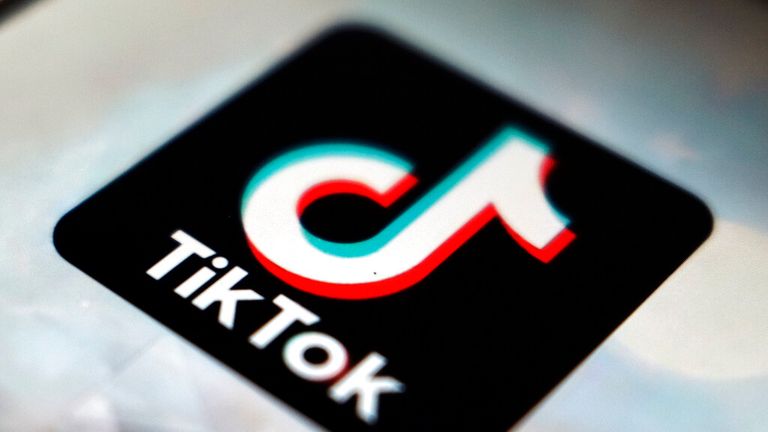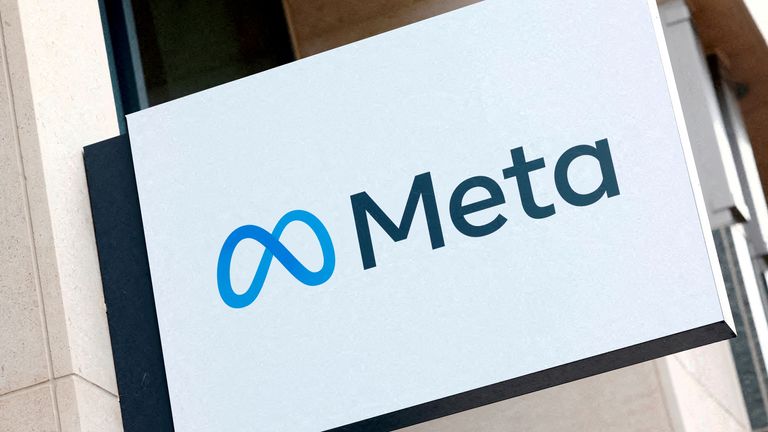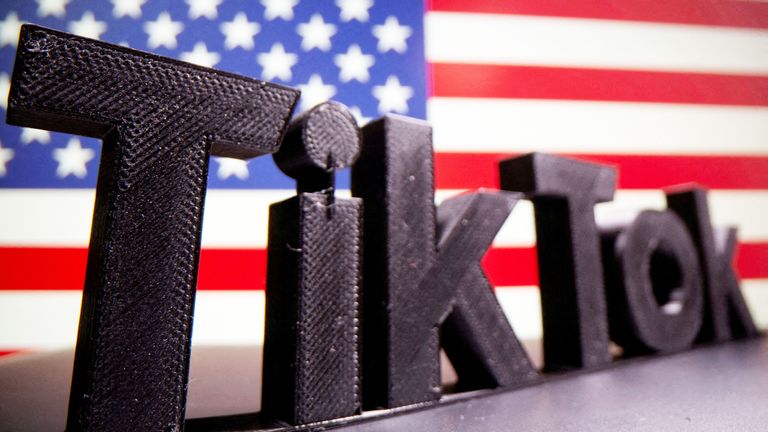People aged under 18 in Utah will need the permission of a parent or guardian to use social media such as Instagram, TikTok and Facebook.
It is the first US state to put such a measure into law and is aimed at shielding minors from the “addictive” platforms amid claims such apps damage children’s mental health.
The two new bills, which the tech industry opposes, will allow parents or guardians to have access to their children’s posts.
And minors will be blocked from accessing their accounts between 10.30pm and 6.30am unless a parent permits that the time restriction can be lifted.
The laws are also meant to make it easier for people to sue social media companies if their children claim they were harmed by the platforms.
Collectively, the legislation seeks to stop youngsters from being lured to apps by addictive features and from having ads promoted to them.
Tech companies like TikTok, Snapchat and Meta, which owns Facebook and Instagram, make most of their money by targeting advertising to their users.
Social media giants set to fight legislation
The new restrictions will not take effect until 1 March 2024 but social media companies are expected to sue before then.
“We’re no longer willing to let social media companies continue to harm the mental health of our youth,” tweeted Utah Republican governor Spencer Cox, who signed the two bills.
“Utah’s leading the way in holding social media companies accountable – and we’re not slowing down anytime soon.”
Mr Cox said studies have shown that time spent on social media leads to “poor mental health outcomes” for children.
Read more:
TikTok ‘not an agent of China’, says CEO
Instagram to verify users’ ages with video selfies
Facebook and Instagram risk ‘grotesque betrayal’ of children, says Patel
Could other US states follow suit?
Jim Steyer, the head of Common Sense Media which is dedicated to improving the lives of kids and families, hailed the effort to rein in social media’s addictive features and set rules for litigation.
He said it “adds momentum for other states to hold social media companies accountable to ensure kids across the country are protected online”.
But he said giving parents access to children’s social media posts would “deprive kids of the online privacy protections we advocate for”.
Age verification and parental consent may hamper children who want to create accounts on certain platforms, but does little to stop companies from harvesting their data once they are on, Mr Steyer said.
The impact of social media on children has been the subject of a growing national debate in the US.
Utah’s law was signed on the same day TikTok’s chief executive Shou Zi Chew testified before Congress about, among other things, the platform’s effects on teenagers’ mental health.
TikTok has 150 million American users but is under increasing pressure from US officials.
The company has been dogged by claims its Chinese ownership means user data could end up in the hands of the Chinese government or that it could be used to promote narratives favourable to the country’s communist leaders.




